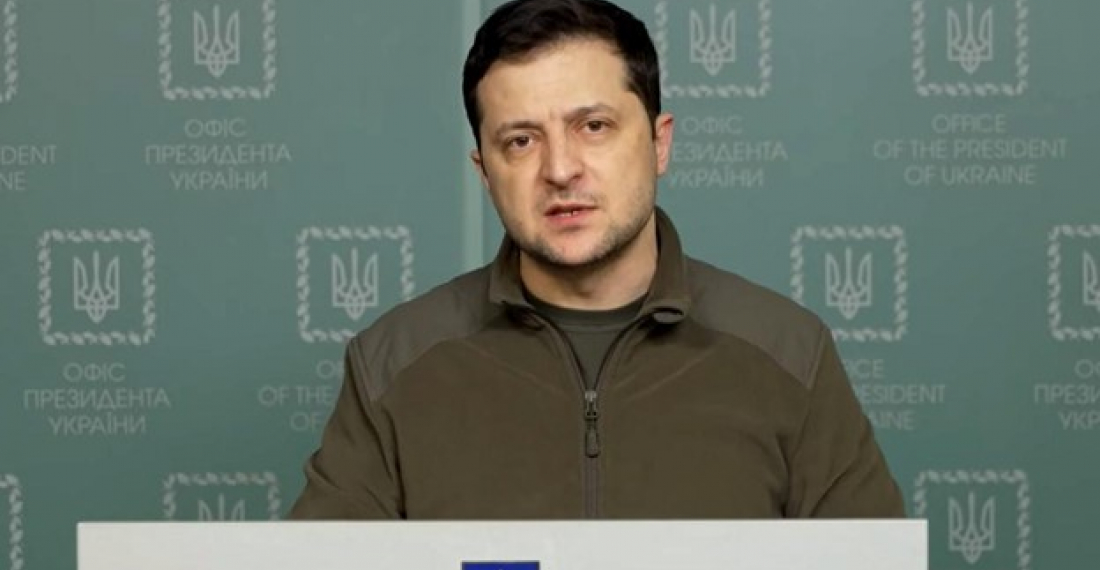Ukrainian President Volodymyr Zelesnky said Tuesday Russia should have to pay reparations for the damage it caused to Ukraine after the war is over.
“Russia will have to pay reparations. We know it clearly,” Zelensky said when addressing The Wall Street Journal CEO Summit 2022.
Since the start of the war, Zelensky says Russia has caused $600 billion in damage to the country.
The damage is from the Russian military’s shelling of cities, which have destroyed buildings and water systems, leaving some of those left in the country struggling for basic resources.
“They have destroyed everything themselves,” Zelensky told the Journal, noting how quickly the economic relationship between Russia and Ukraine changed.
Zelensky said that after the war, Ukrainians want to rebuild the country quickly, calling for businesses to flock to the nation.
“I’m sure after victory we will do everything quite fast, and Ukraine will be more beautiful than before,” Zelensky said, adding businesses would “get access to our country, our 40 million-plus market.”
Zelensky said the war will not end until weapons are laid down, with Ukraine’s goal to one day take back all the land Russia has occupied, including Crimea.
The war is past the two month mark, with millions of people fleeing the country or internally displaced.
Thousands have died and others are trapped in war-torn cities as Russia refuses to agree to humanitarian corridors to allow civilians to escape.






